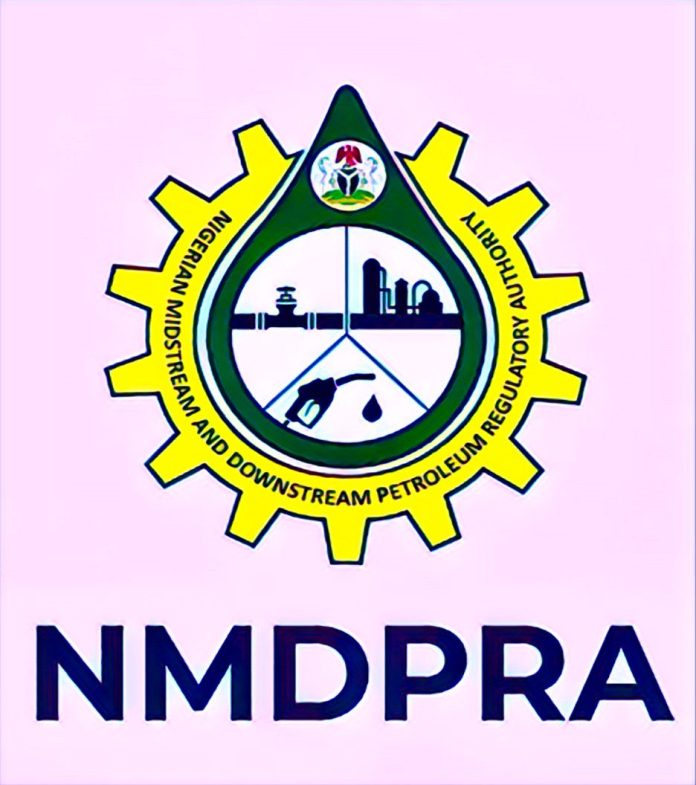Key Points
- Unified safety framework to ease compliance hurdles.
- NMDPRA to cut overlapping oil sector regulations.
- New rules target oil and gas safety efficiency.
In order to streamline compliance throughout the nation’s oil and gas industry, Nigeria’s upstream and downstream petroleum regulators are attempting to combine several safety and environmental laws into a single framework.
The Nigerian Midstream and Downstream Petroleum Regulatory Authority, or NMDPRA, intends to lower expenses related to regulatory overlaps, enhance safety results, and assist stakeholders in operating more effectively.
During a recent event with prominent energy industry stakeholders, the agency revealed this and underlined the necessity of a single operational standard.
Clearer guidelines for industry participants are the agency’s goal
According to NMDPRA CEO Farouk Ahmed, the new framework will improve compliance across midstream and downstream sectors and unify regulatory expectations.
He claims that the new approach aims to remove the bottleneck caused by disjointed safety and environmental regulations, which have long been a problem for industry compliance.
In order to make operations easier for operators, Ahmed stated, “We are working to harmonize all safety and environmental regulatory instruments, including HSE codes. “In the end, this endeavor will improve adherence to regulations, lower the number of incidents, and promote operational excellence within the industry.”
The proposal, he continued, is in accordance with the Petroleum Industry Act (PIA) 2021, which requires accountability, efficiency, and clarity in Nigeria’s energy regulatory framework.
Streamlining safety rules for gas and oil
According to a report by Vanguard news, the authority stated that cooperation with important parties, such as the Nigerian Upstream Petroleum Regulatory Commission (NUPRC) and other pertinent organizations, would be necessary to accomplish the harmonization.
A single, all-inclusive set of Health, Safety, and Environment (HSE) norms for the industry’s upstream and downstream sectors is the aim.
Industry leaders have long criticized inconsistent safety enforcement and regulation overlaps as significant obstacles. We anticipate that the new regulations will tackle these issues and provide operators with a more stable and predictable operating environment.
Operators will save money on compliance expenses
Operators should expect lower administrative expenses and delays as well as a more straightforward path to comply with national and international environmental standards when there are fewer regulatory duplications. According to NMDPRA, this will boost investor trust in Nigeria’s oil sector.
Following a number of stakeholder meetings and input sessions, the authority intends to release the unified guidelines by the end of Q4 2025. The action is a move toward better sustainability standards and more intelligent governance in a sector beset by dwindling investments and significant operating risks.



